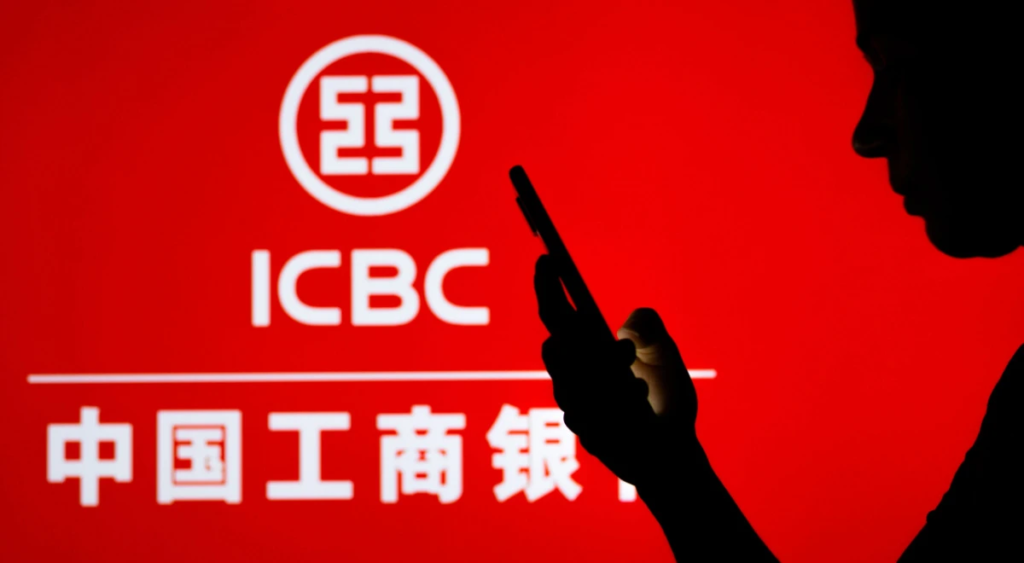
In a seismic event for the financial world, the Industrial and Commercial Bank of China (ICBC), the country’s largest bank, has fallen victim to a crippling ransomware attack. The aftermath of this cybersecurity assault has reverberated through its financial services (FS) systems, causing a ripple effect that reached even the US Treasury markets. As investigations unfold, concerns escalate over the potential ramifications and the involvement of a notorious ransomware group known as LockBit.
LockBit’s Assault:
Reports from multiple news outlets suggest that LockBit, a ransomware operation with suspected ties to Russia, orchestrated the attack on ICBC. However, the complexity arises from LockBit being a ransomware-as-a-service operation, implicating a network of affiliates who could be the actual perpetrators.
The specific ransom demand remains undisclosed at this stage, leaving uncertainty about the financial toll ICBC might face. Equally worrisome is the ambiguity surrounding whether sensitive data was compromised during the attack, adding an extra layer of complexity to the situation.
ICBC’s Response:
Upon detecting the incident, ICBC’s FS swiftly took action by “disconnecting and isolating impacted systems to contain the incident.” The bank has initiated a comprehensive investigation into the matter, alongside ongoing recovery efforts. A noteworthy aspect is that ICBC’s financial services business and email systems operate independently, shielding overseas affiliates from the direct impact of the attack.
CitrixBleed Vulnerability:
Cybersecurity researcher Kevin Beaumont has shed light on a potential avenue the attackers exploited—CitrixBleed. This known vulnerability in Citrix Netscaler boxes, tracked as CVE-2023-4966 with a severity score of 9.4, provided a gateway past authentication protocols. Despite a patch being released a month prior, attackers capitalized on the delay in applying updates. Both Citrix and various security firms had issued warnings about the vulnerability being actively abused, prompting organizations to take immediate action.
Global Financial Impacts:
The ramifications of ICBC’s ransomware attack transcended national borders, causing disruptions in the US Treasury markets. The US Securities Industry and Financial Markets Association (SIFMA) cautioned its members about potential impediments to trade settlement on behalf of other market players. Reports surfaced that equity traders encountered challenges in placing or clearing trades, underscoring the far-reaching consequences of ransomware attacks on critical financial infrastructure.
Ransomware on the Rise:
The ICBC incident aligns with a concerning trend—the increasing audacity of ransomware operators. September marked a record-breaking month with over 500 recorded attacks, emphasizing the urgency for robust cybersecurity measures and timely patching of vulnerabilities.
Conclusion:
ICBC’s battle against this ransomware onslaught serves as a stark reminder of the vulnerability of financial institutions to sophisticated cyber threats. As the investigation unfolds and recovery efforts intensify, the financial industry faces a pivotal moment in fortifying its defenses against evolving cyber risks. The global financial community watches closely, emphasizing the need for collaborative efforts to mitigate the impact of such cyber threats on the stability of international financial systems.
